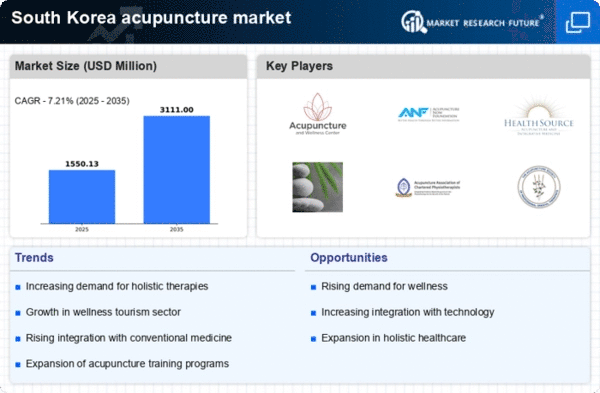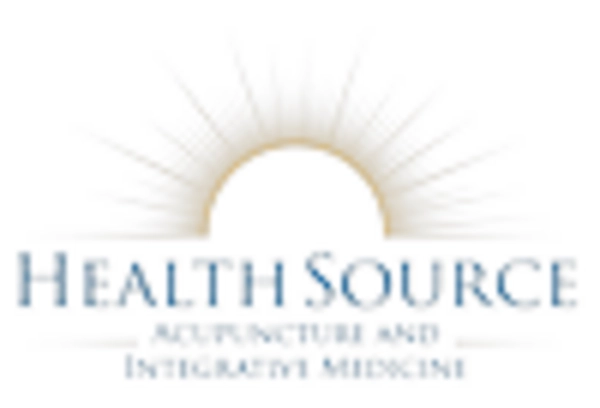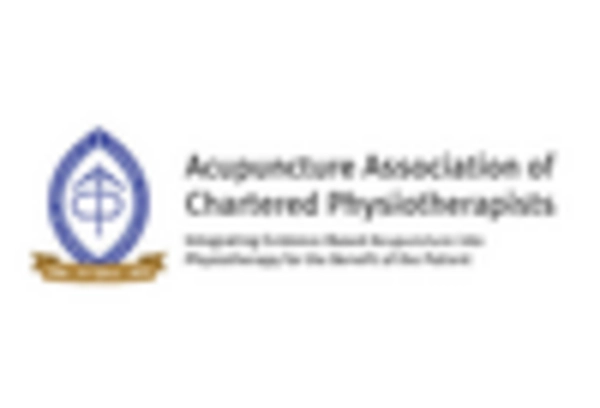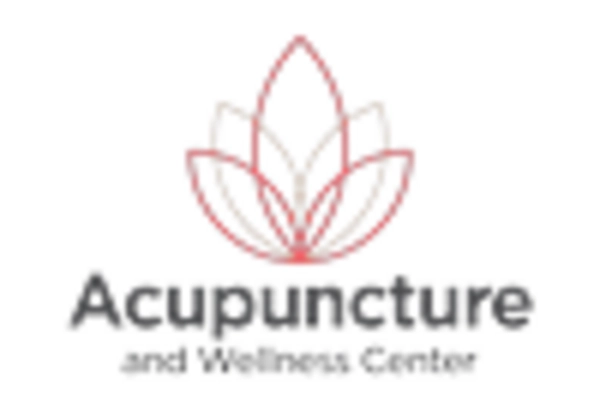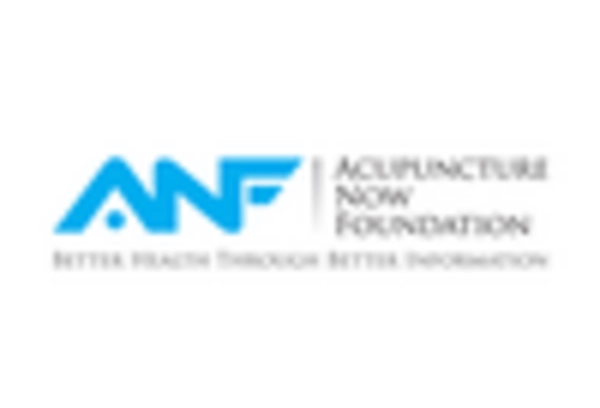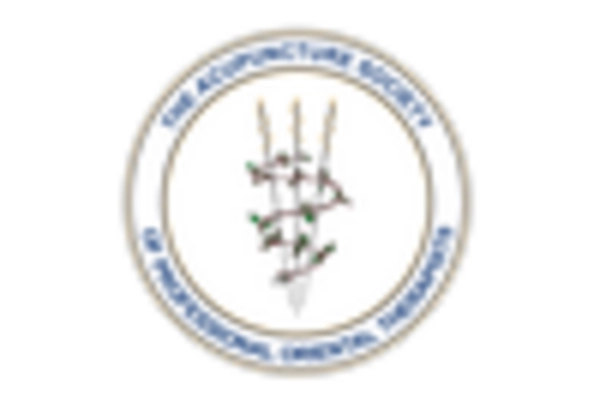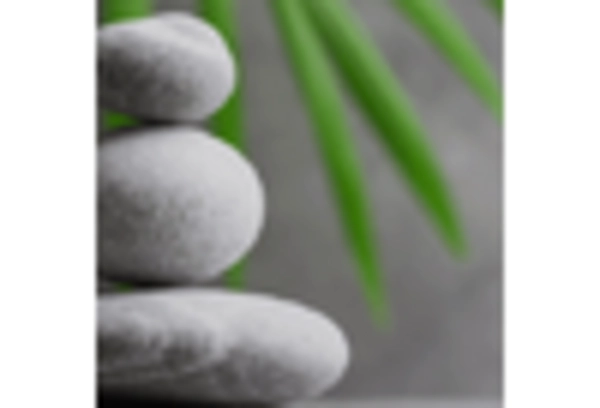Rising Healthcare Costs
As healthcare costs continue to rise in South Korea, many individuals are exploring cost-effective alternatives to conventional medical treatments. The acupuncture market benefits from this trend, as acupuncture is often perceived as a more affordable option for managing health issues. With the average cost of acupuncture sessions ranging from 30,000 to 70,000 KRW, it presents a viable alternative for those seeking relief from chronic pain or other conditions without incurring high medical expenses. This shift in consumer behavior is likely to drive growth in the acupuncture market, as more people turn to acupuncture as a financially accessible treatment option.
Government Support and Regulation
The South Korean government plays a crucial role in shaping the acupuncture market through supportive policies and regulations. Recent initiatives aimed at promoting traditional medicine have led to increased funding for research and education in acupuncture practices. The government has established standards for training and certification, ensuring that practitioners meet specific qualifications. This regulatory framework not only enhances the credibility of acupuncture but also encourages more individuals to seek treatment. As a result, the market is expected to expand, with a projected growth rate of around 5% annually over the next few years, reflecting the positive impact of government involvement.
Cultural Acceptance and Integration
Cultural factors play a pivotal role in the acupuncture market in South Korea. The deep-rooted history of traditional medicine in the country fosters a strong acceptance of acupuncture among the populace. Many South Koreans view acupuncture not only as a treatment for ailments but also as a means of maintaining balance and harmony within the body. This cultural integration of acupuncture into daily life encourages individuals to seek out these services regularly. As a result, the market is likely to thrive, with an increasing number of clinics and practitioners catering to the culturally ingrained preference for acupuncture as a holistic health solution.
Growing Demand for Alternative Therapies
The acupuncture market in South Korea experiences a notable increase in demand for alternative therapies. This trend is driven by a rising awareness of holistic health approaches among the population. Many individuals are seeking non-invasive treatments for various ailments, including chronic pain and stress-related disorders. According to recent surveys, approximately 30% of South Koreans have reported using alternative therapies, with acupuncture being one of the most sought-after options. This growing acceptance of acupuncture as a legitimate treatment modality is likely to bolster the market, as more practitioners enter the field to meet the needs of an increasingly health-conscious public.
Increased Focus on Preventive Healthcare
The emphasis on preventive healthcare in South Korea is significantly influencing the acupuncture market. As the population becomes more proactive about health management, there is a growing interest in treatments that promote overall well-being rather than just addressing symptoms. Acupuncture is increasingly recognized for its potential to enhance immune function and improve quality of life. This shift towards preventive measures is likely to attract a broader demographic to acupuncture, including younger individuals who prioritize wellness. Consequently, the market may see an uptick in demand as more people incorporate acupuncture into their regular health routines.


